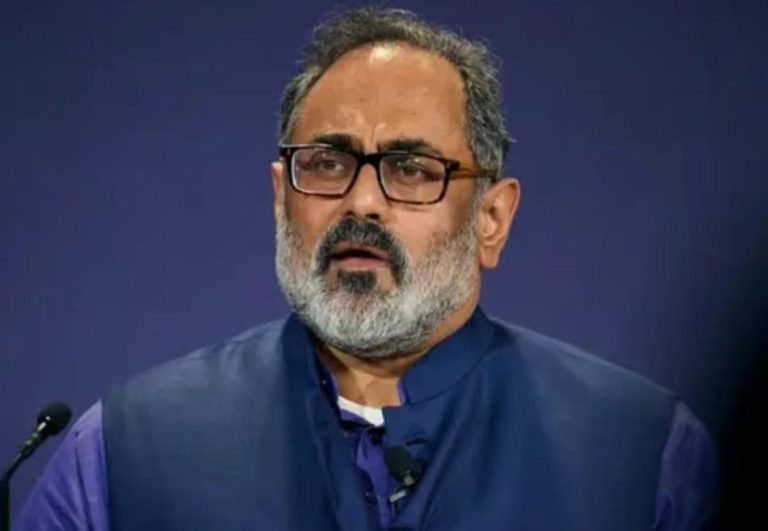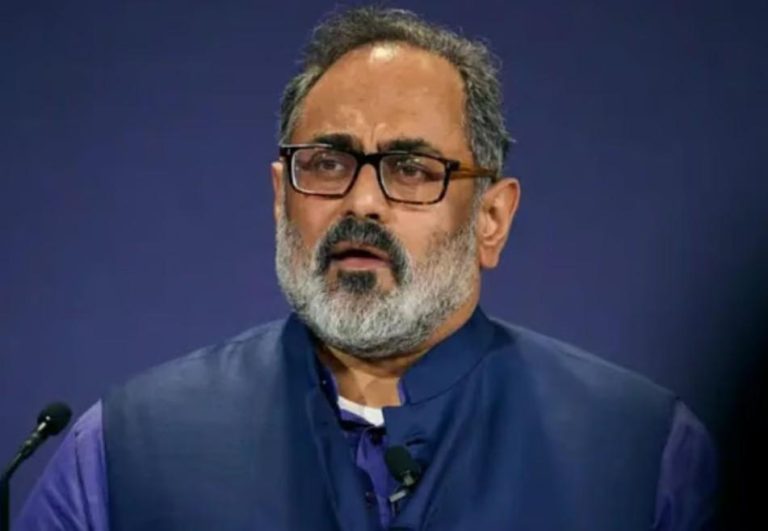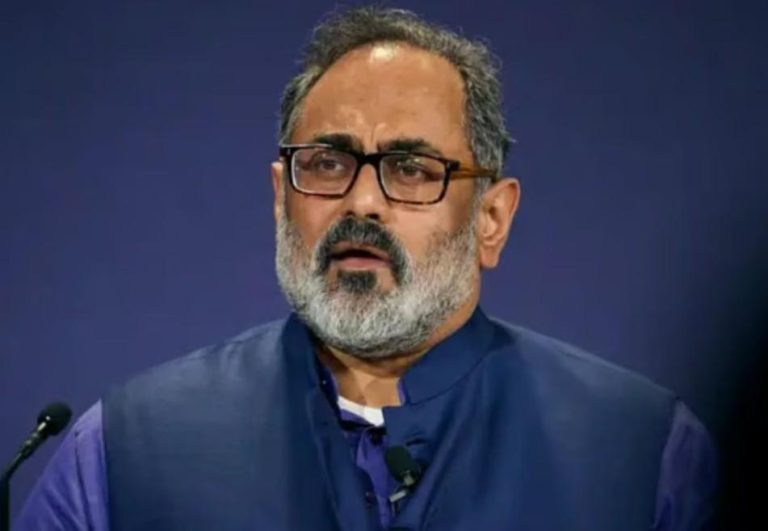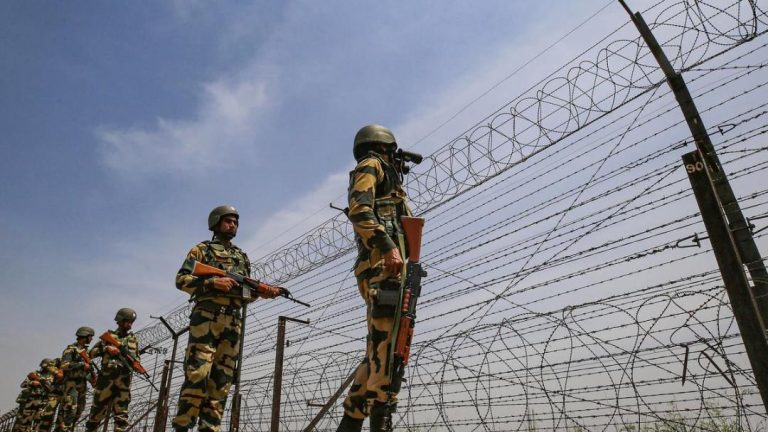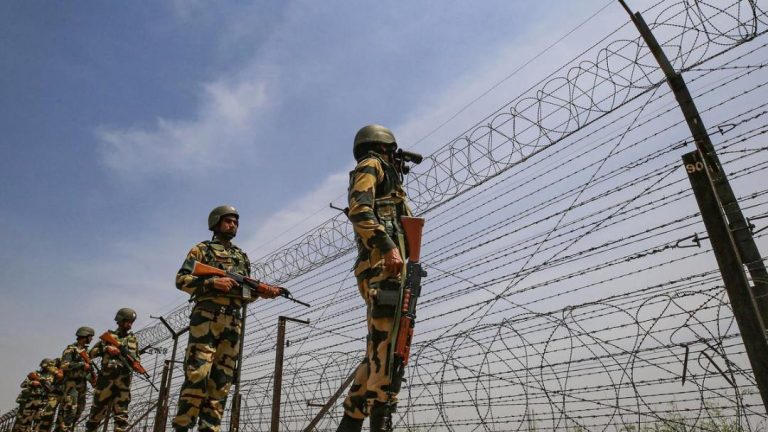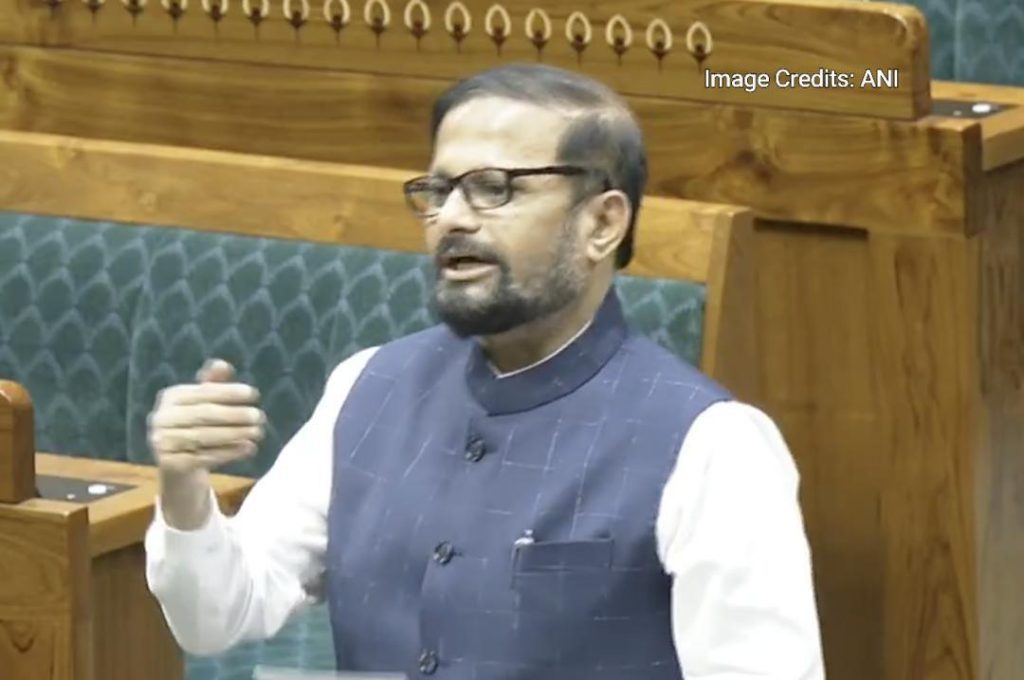
Ranveer Allahbadia’s Row Reaches Parliament: MP Mhaske Says ‘They Even Disrespect Gods’
The controversy surrounding YouTuber Ranveer Allahbadia’s recent remarks has taken a new turn, as it has reached the Parliament. Shiv Sena MP Naresh Mhaske spoke on the issue, demanding that the government frame guidelines for content on social media. The MP’s statement has sparked a heated debate, with many questioning the need for censorship on these platforms.
As reported by ANI, Mhaske stated, “They even go as far as disrespecting our Gods and Goddesses, and this unchecked mockery continues due to the lack of censorship on these platforms.” His statement has raised concerns about the impact of such content on society, particularly with regards to religious sentiments.
The controversy surrounding Ranveer Allahbadia began when he made some controversial remarks on his YouTube channel. The comments, which were widely shared on social media, sparked a heated debate, with many calling for the YouTuber to be held accountable for his actions.
However, the issue has taken a more serious turn with Mhaske’s statement, which has sparked a debate about the need for censorship on social media. Many have questioned whether the government should intervene in regulating the content on these platforms, or if it is the responsibility of the social media companies themselves.
On one hand, there are those who argue that censorship is necessary to protect society from harmful and offensive content. They argue that social media platforms have a responsibility to ensure that the content shared on their platforms is respectful and does not offend certain groups of people.
On the other hand, there are those who argue that censorship is a violation of freedom of speech and that individuals should be allowed to express themselves freely, even if it means that some people may be offended.
In this context, it is worth noting that social media platforms have their own guidelines and policies in place to regulate the content shared on their platforms. For example, YouTube has a community guideline that prohibits content that is offensive, threatening, or defamatory.
However, despite these guidelines, many users continue to share offensive and harmful content on social media. This has led to concerns about the impact of such content on society, particularly with regards to religious sentiments.
Mhaske’s statement has sparked a heated debate on social media, with many taking to Twitter to share their opinions on the matter. Some have called for the government to take action against Ranveer Allahbadia, while others have argued that the government should not intervene in regulating the content on social media.
One user tweeted, “The government should take immediate action against Ranveer Allahbadia and his ilk. They have no right to disrespect our Gods and Goddesses and our religious sentiments.”
Another user tweeted, “The government should not intervene in regulating the content on social media. It is the responsibility of the social media companies themselves to ensure that the content shared on their platforms is respectful and does not offend certain groups of people.”
The debate surrounding Ranveer Allahbadia’s remarks has also sparked a discussion about the impact of social media on society. Some have argued that social media has given a platform to individuals who would otherwise not have a voice, while others have argued that social media has created a culture of anonymity and disrespect.
In conclusion, the controversy surrounding Ranveer Allahbadia’s remarks has raised important questions about the impact of social media on society. While some argue that censorship is necessary to protect society from harmful and offensive content, others argue that individuals should be allowed to express themselves freely, even if it means that some people may be offended.
As the debate continues, it is important to consider the impact of social media on society and the role that it plays in shaping our culture and values. Ultimately, it is up to each individual to decide what kind of content they want to engage with and to hold social media companies accountable for the content that is shared on their platforms.
